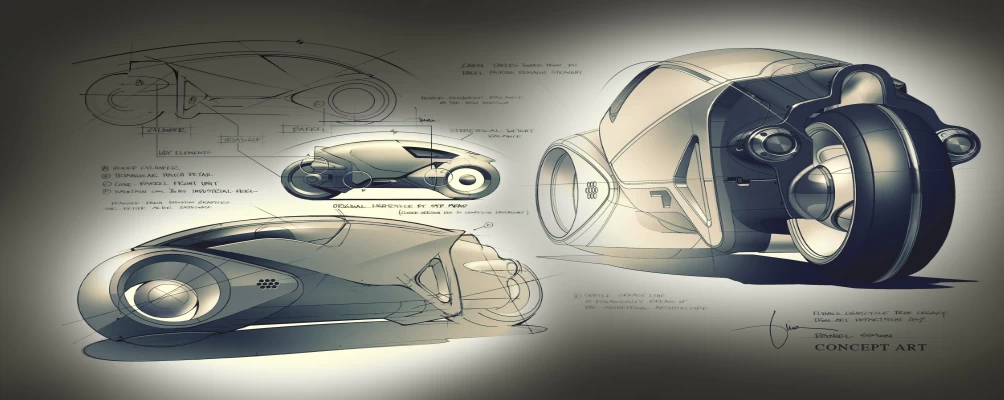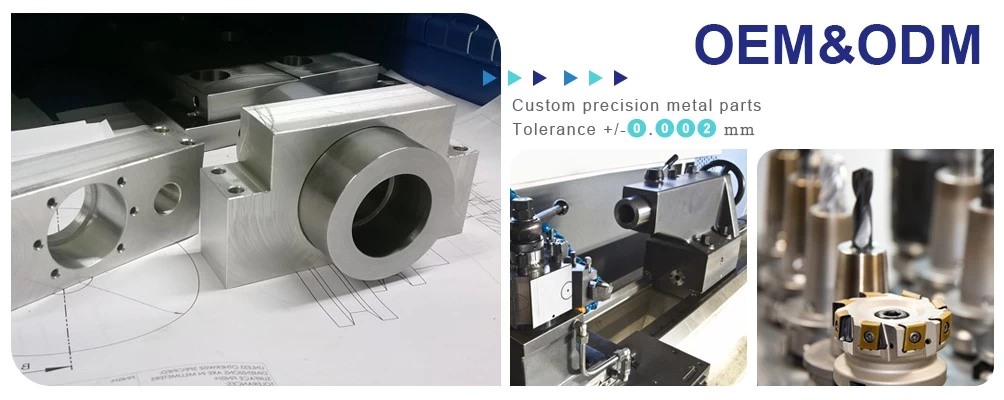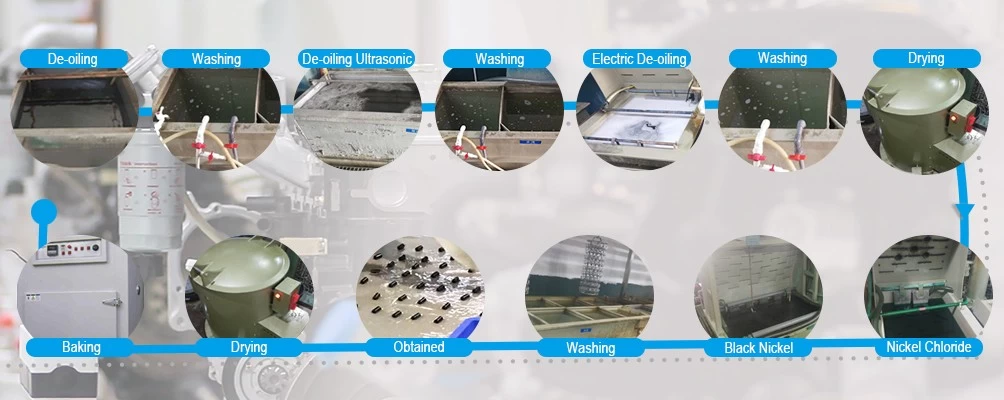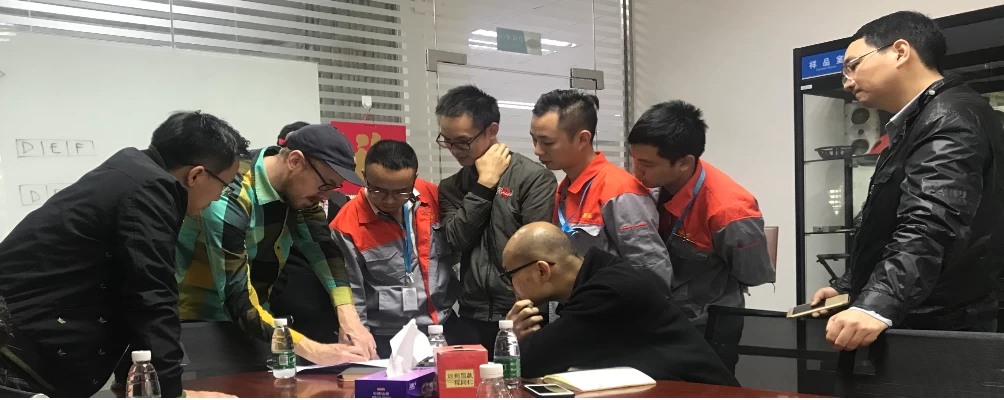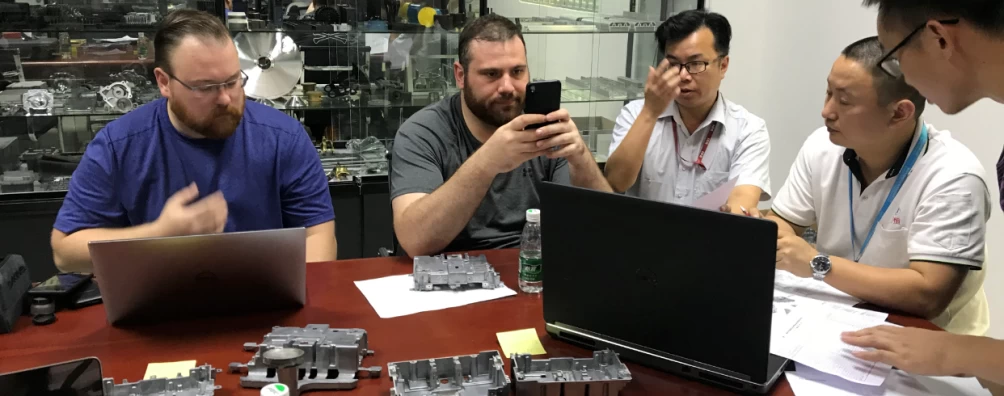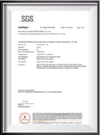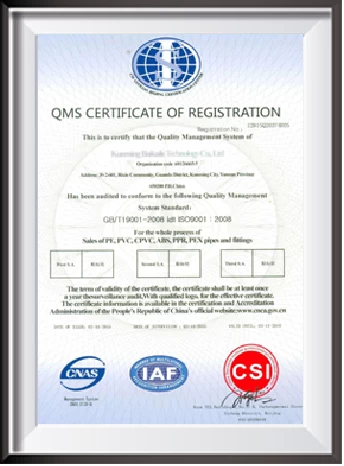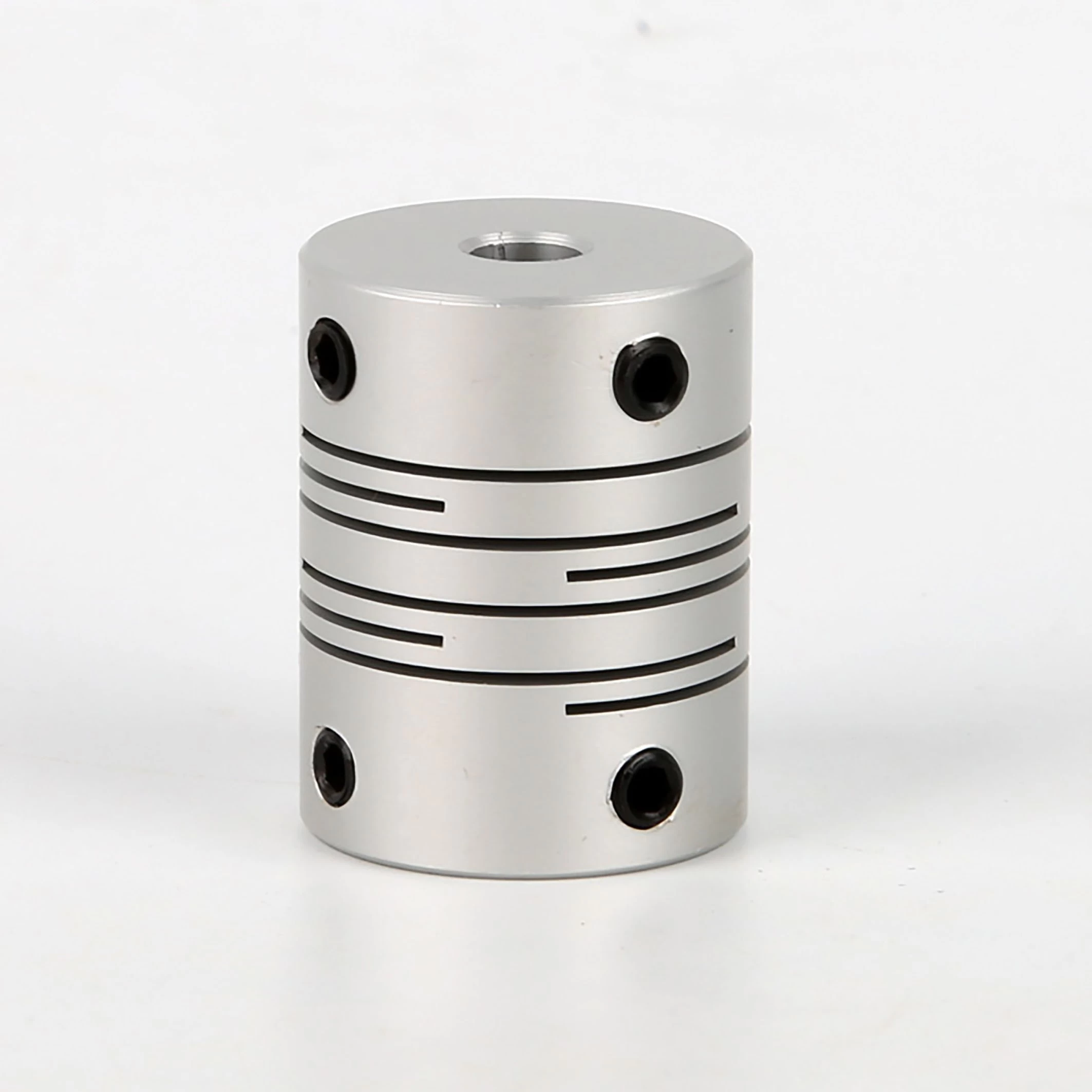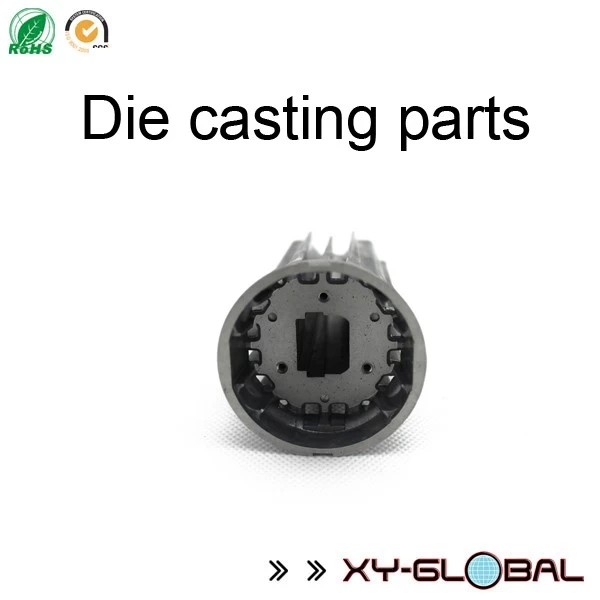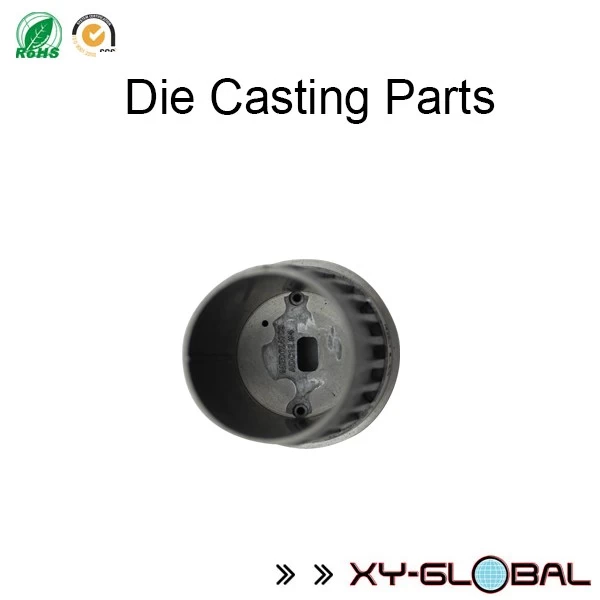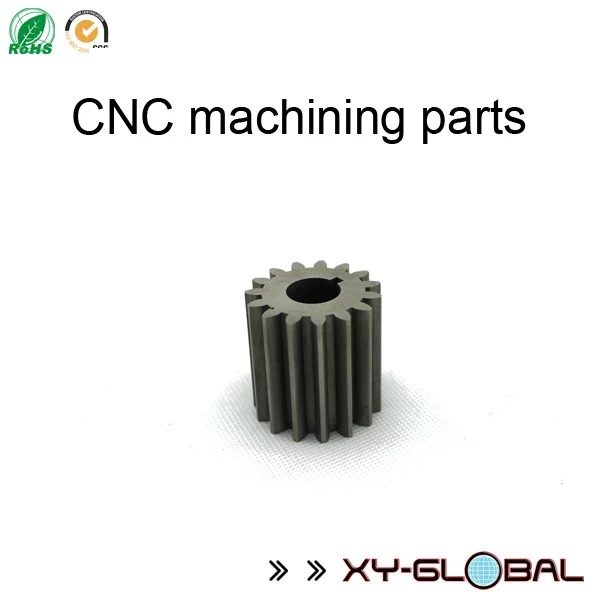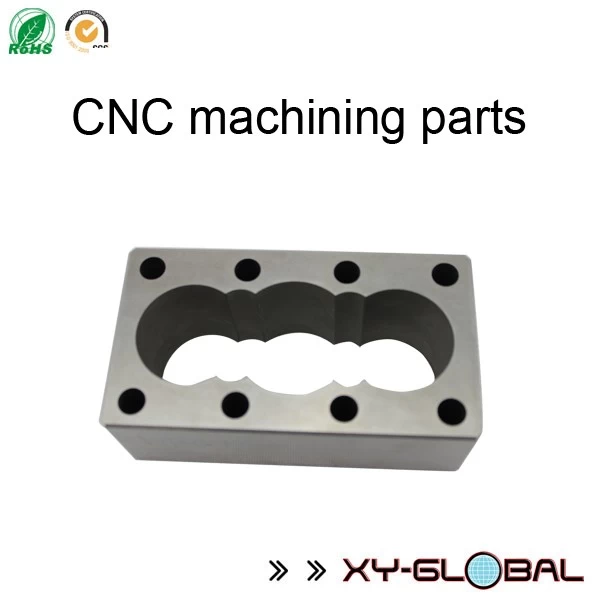You are what you read
Angelia
www.diecastingpartsupplier.com
2017-04-24 15:44:14
They say: “You are what you read.” And there may be some truth in this.
A report by the US’ Open Syllabus Project found that the most read books among US college students in the past year were the likes of The Republic by ancient Greek philosopher (哲学家) Plato and The Clash of Civilizations by US political scientist Samuel Huntington. And according to reports released by Chinese college libraries, the most popular books among Chinese students are novels like Journey Under the Midnight Sun by Japanese writer Keigo Higashino and Demi-Gods and Semi-Devils (《天龙八部》) by Chinese author Louis Cha.
This is considered by many to be one of the reasons why Chinese students are sometimes not as good at critical thinking or observing global perspectives (视野) as US students – they read too many bestseller novels.
“By reading texts in history/social studies, science, and other disciplines (学科), students build a foundation (基础) of knowledge in these fields that will also give them the background to be better readers in all areas,” Robert Pondiscio, vice president of the Core Knowledge Foundation in the US told The Washington Post.
According to China Youth Daily, there are usually five stages when it comes to reading, with popular novels at the bottom. More advanced readers normally go on to read classic fictional literature, history and philosophy (哲学), or books with critical ideas. The fifth stage involves students making their own reading lists based on the ideological (意识形态的) systems they have built throughout the years.
We spend hours, days or even weeks on a book, so it’s only natural that we want to learn something useful in return for our efforts. Many see reading as an investment (投资) in themselves.
But this practical view of literature and the thought that history and philosophy books are superior to novels is not agreed by everyone. After all, what they offer are two different kinds of satisfaction. While the former provides knowledge, the latter brings sentimental (情感的) experiences.
“Fiction and poetry are medicines,” UK writer Jeanette Winterson once wrote. “What they heal is the rupture (裂痕) reality makes on the imagination.
A report by the US’ Open Syllabus Project found that the most read books among US college students in the past year were the likes of The Republic by ancient Greek philosopher (哲学家) Plato and The Clash of Civilizations by US political scientist Samuel Huntington. And according to reports released by Chinese college libraries, the most popular books among Chinese students are novels like Journey Under the Midnight Sun by Japanese writer Keigo Higashino and Demi-Gods and Semi-Devils (《天龙八部》) by Chinese author Louis Cha.
This is considered by many to be one of the reasons why Chinese students are sometimes not as good at critical thinking or observing global perspectives (视野) as US students – they read too many bestseller novels.
“By reading texts in history/social studies, science, and other disciplines (学科), students build a foundation (基础) of knowledge in these fields that will also give them the background to be better readers in all areas,” Robert Pondiscio, vice president of the Core Knowledge Foundation in the US told The Washington Post.
According to China Youth Daily, there are usually five stages when it comes to reading, with popular novels at the bottom. More advanced readers normally go on to read classic fictional literature, history and philosophy (哲学), or books with critical ideas. The fifth stage involves students making their own reading lists based on the ideological (意识形态的) systems they have built throughout the years.
We spend hours, days or even weeks on a book, so it’s only natural that we want to learn something useful in return for our efforts. Many see reading as an investment (投资) in themselves.
But this practical view of literature and the thought that history and philosophy books are superior to novels is not agreed by everyone. After all, what they offer are two different kinds of satisfaction. While the former provides knowledge, the latter brings sentimental (情感的) experiences.
“Fiction and poetry are medicines,” UK writer Jeanette Winterson once wrote. “What they heal is the rupture (裂痕) reality makes on the imagination.
XY-GLOBAL is the most professional car spare parts,car spare parts accessories ,car parts,We have ISO90001 and TS16949 quality system,Our major customers are Flextronics,HP over 7 years

